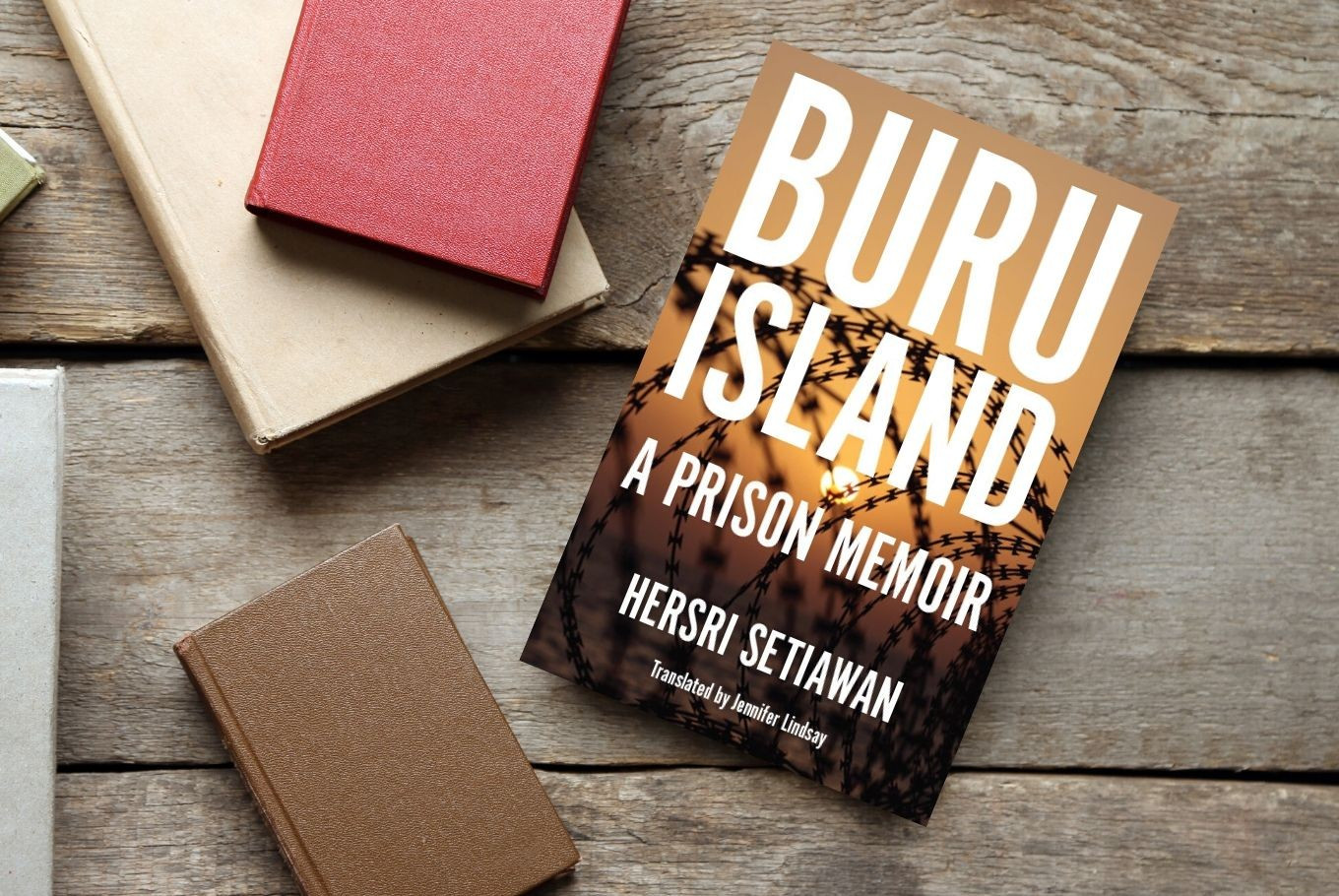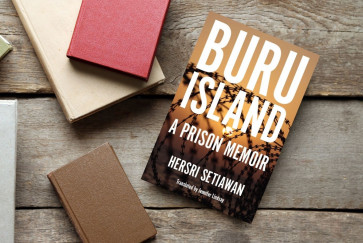Popular Reads
Top Results
Can't find what you're looking for?
View all search resultsPopular Reads
Top Results
Can't find what you're looking for?
View all search results‘Buru Island – A Prison Memoir’: Watermelons drained of tears
The tenacity and bravery of Yogyakarta writer Hersri Setiawan and his mates who were jailed on Buru Island reveal much of human nature. Here the book becomes a page turner for those who wants to know the truth, not the manufactured version.
Change text size
Gift Premium Articles
to Anyone
From above, Buru looks like a fairy tale isle washed by the Banda and Seram seas.
At ground level, the third-largest island in the Maluku archipelago located 2,230 kilometers northeast of Jakarta supports the aerial image. Settlements are small, roads uncrowded, a lush landscape dominated by Mount Kapalatmada (2,428 meters).
Surely this should be on President Joko “Jokowi” Widodo’s Ten New Bali’s list to lure resort developers?
Sadly no, for the wounds of a vile past still ooze pus, though much has been bandaged.
What the government can’t cover are memories, like those of Hersri Setiawan, 83. The Yogyakarta writer spent seven years on Buru as a victim of the Soeharto regime. He and his 12,000 colleagues, known as tapol, short for tahanan politik (political prisoners), were never charged.
His crime was being an intellectual, a poet and chairman of a branch of the Institute of People’s Culture (Lekra). The literary and social movement was linked to the Indonesian Communist Party (PKI) during the Sukarno era.
For four years before the Sept. 30, 1965, coup, Hersri was in Sri Lanka with the Asia-Africa Writers’ Bureau, far from Jakarta politics.



















